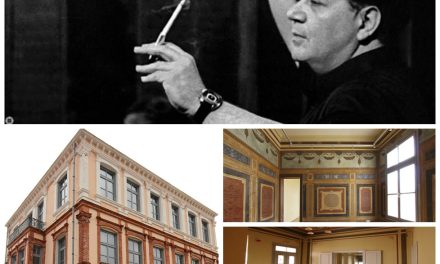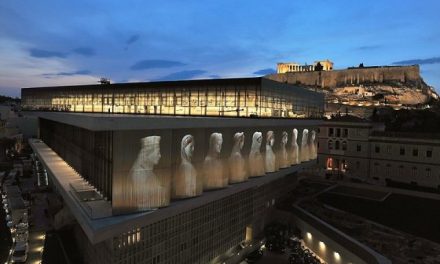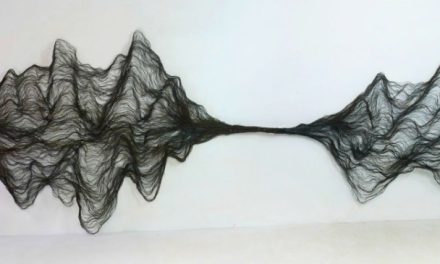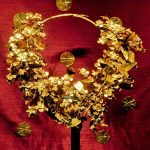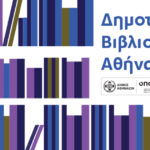
The topics addressed can be illustrated by a look through the titles of the various papers included, such as “Trajectories of transition: Economies and geographies of theatre in contemporary Athens”, “Cartographies of gender in contemporary Greek theatre: A work in progress?”, “Theatre and the actor in the crisis of Here and Now” and “DIY, crisis and monopolies: Thoughts on cultural imaginaries and infrastructures”. The contributors focus on the transitioning institutional and other frameworks within which theatre and other performance arts are produced, vis-à-vis the radical restructuring of the social, economic and political fabric in contemporary Greece, in a time of crisis.
Drawing on this collective publication, Fragkou and Hager have recently given a lecture of the same title as part of the “Modern Greek Seminar”, a seminar series organised as part of the Byzantine & Modern Greek MSt/MPhil Programme of the Faculty of Medieval and Modern Languages, at the University of Oxford. They also gave a lecture on these subjects, titled “Dramaturgies of change in Greek theatre: institutions, practices and publics” at the London Theatre Seminar, an inter-collegiate seminar hosted by the Institute of English Studies, which functions as a public forum for the development of theatre and performance scholarship.
This panel was organized in collaboration with the European Theatre Research Network (University of Kent) and it also featured Gigi Argyropoulou (research fellow at Birkbeck College), theorist and curator, who discussed various practices emerging in the cultural and political landscape of Athens prior and during the years of the economic crisis, that temporarily destabilised distributions of power by producing new modes of organisation and spatial reconfigurations. Philip Hager, on the other hand, engaged with institutional practices that frame the cultural production of memory in contemporary Greece.
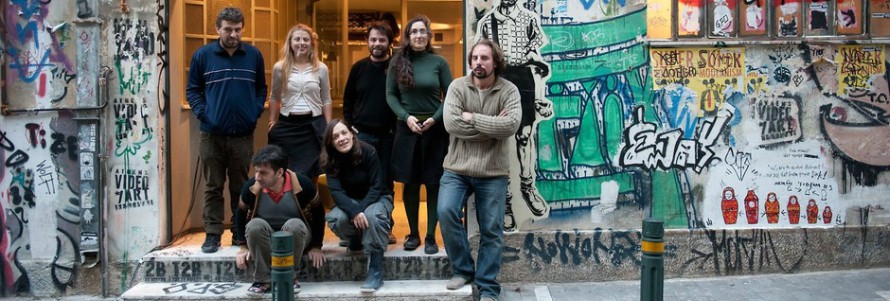
One more recent initiative putting contemporary Greek theatre in the foreground was “Performing Greece 2017: The 3rd International Conference on Contemporary Greek Theatre” at Birkbeck College, University of London. The event, organised by Christos Callow Jr (Birkbeck) and Andriana Domouzi (Royal Holloway, University of London) for the third year, aims at bringing together scholars, critics and people working in theatre, to “explore contemporary Greek theatre in the UK and beyond”. It covers a vast area of topics related to theatre from an artistic, social and educational point of view.
The panels, which included many academics from English speaking universities, such as Yale, Oxford and King’s College, addressed a variety of subjects, as can be seen by the titles of the discussions: “Contemporary Greek Theatre & Migration”, “Modern & Contemporary Reception of Ancient Greek Tragedy”, “Assimilation of ‘Foreign’ Theatre in Contemporary Greek Culture”, “Contemporary Reception of Aristophanes” and “Theatre Theory & Practice in Greece & UK”.
Audio from the “Dramaturgies of change in Greek theatre: institutions, practices and publics” seminar at the Backdoor Broadcasting Company
See also on Greek News Agenda: 75 years of Art Theatre Karolos Koun
N.M.


